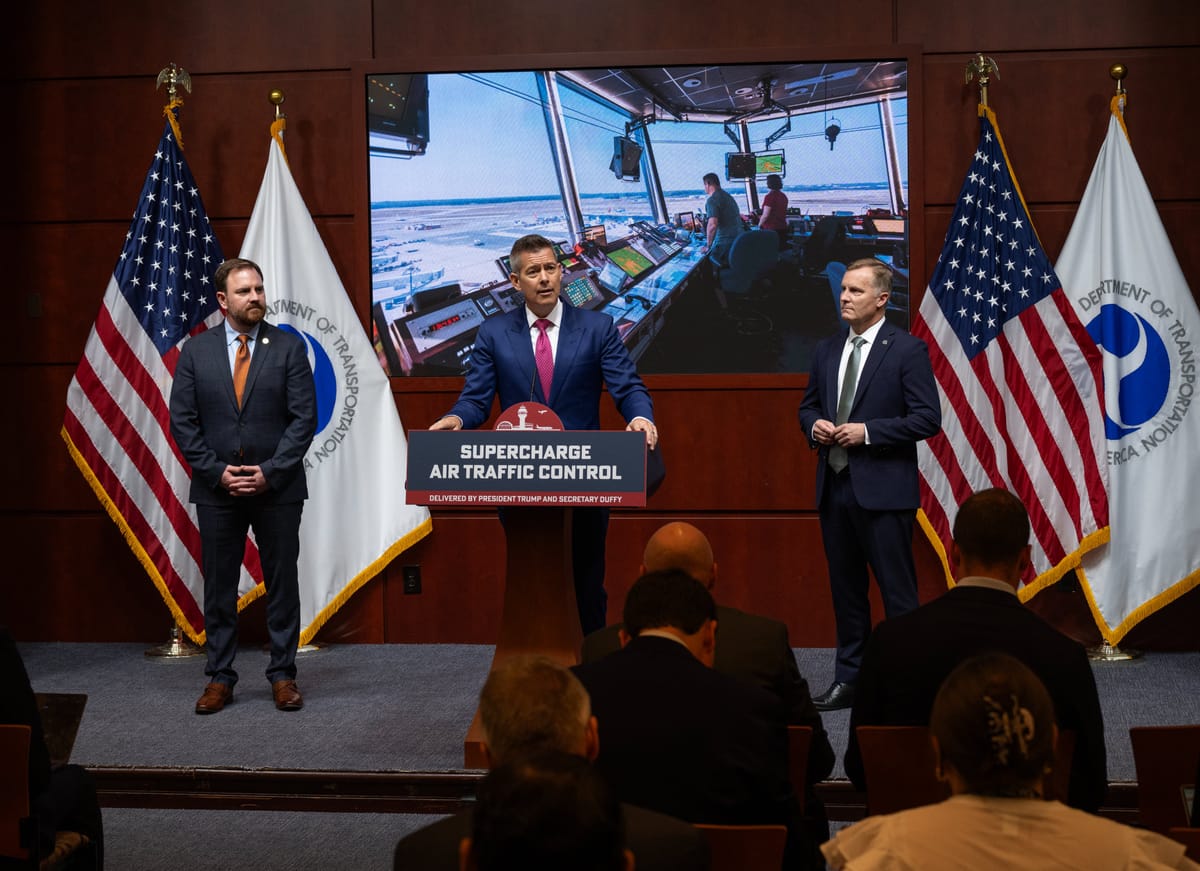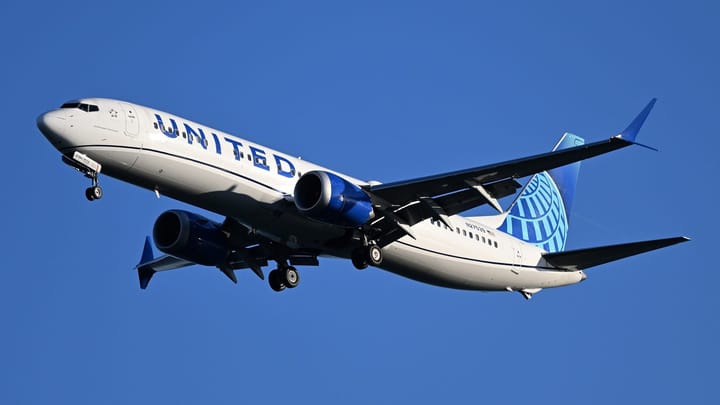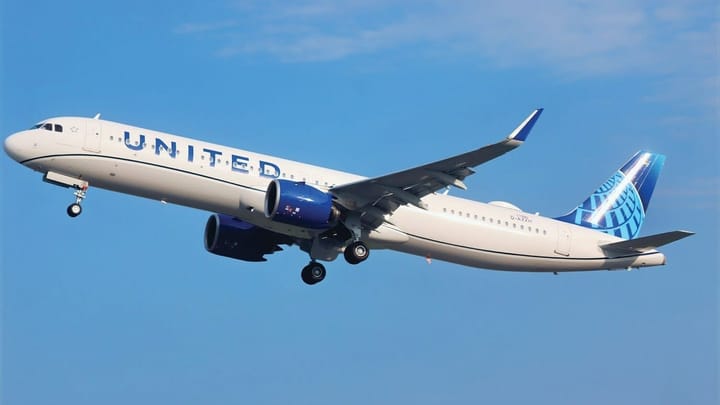Air Traffic Controllers in US to work without pay during the government shutdown
The last US government shutdown resulted in ATCs retiring early, according to post-shutdown testimonies.

A Department of Transportation (DOT) document revealed the Department’s work plans during the government shutdown, which began after the two parties could not agree on passing funding for the government due to one party’s refusal to keep certain healthcare subsidies following cuts that were included in the ‘Big Beautiful Bill.’
According to the DOT’s document that outlines its operations during a government shutdown, specific functions of the Federal Aviation Administration (FAA) will continue despite the lack of funds from the federal government.
This includes air traffic control (ATC) services, hiring, and training, with currently employed controllers, of which there are 13,294, would work without pay. Out of all the FAA’s workers, 11,322 will be furloughed, the document showed.
However, the National Air Traffic Controllers Association (NATCA), which represents the FAA ATC workforce, warned that the union does not “endorse, support, or condone any federal employees participating in or endorsing a coordinated activity that negatively affects the capacity of the NAS [National Air System – ed. note], or any other activities that undermine the professional image and reputation of the people we represent.”
“Air traffic controllers and other aviation safety professionals take their responsibility to protect the safety of the flying public very seriously.”
“Participating in a job action could result in removal from federal service,” NATCA’s statement read, noting that it is illegal and undermines the association’s credibility and weakens its ability to effectively advocate for its members.
The association also expressed caution that shutdowns “reduce the safety and efficiency” of the NAS, eroding layers of safety that allow the flying public to reach their destinations safely and on time.
“During a shutdown, critical safety support staff are furloughed, and support programs are suspended, making it difficult for air traffic controllers and other aviation safety professionals to perform at optimum levels. “
Nick Daniels, the President of NATCA, said that Congress must end the shutdown, which “introduces unnecessary distractions and our entire aviation system is weakened.”
The association detailed that 2,350 NATCA-represented aviation safety professionals are furloughed, including aircraft certification and aerospace engineers. “Critical safety and technology work, as well as operational support, will not be performed while these workers are furloughed,” it stated.
Daniels highlighted that the increased stress and fatigue stemming from working long hours without pay “cannot be overstated,” adding that despite the political chaos, ATCs will continue working to safeguard the NAS.
Still, those employees who continue working without pay during the shutdown, under the Government Employee Fair Treatment Act of 2019 (GEFTA), “must be paid for those work periods occurring during the lapse.”
During the shutdown, the FAA’s specific activities, including certification of commercial aircraft and engines, the publication of airworthiness directives (AD), and others, will continue. Some, like aviation rulemaking, air traffic performance analysis, dispute resolution, and nine others, will stop.
The DOT concluded that the FAA has “liquidating cash to continue operations during a lapse in appropriations.”
Following the last US government shutdown in late 2018 to early 2019, Paul Rinaldi, the then-President of NATCA, testified before the US House of Representatives’ Committee on Transportation and Infrastructure (T&I).
At the time, Rinaldi warned that around 20% of all certified controllers were eligible for retirement, and, from “anecdotal evidence,” the association knew that some ATCs decided to retire earlier than they had planned during the shutdown.
“We also know that other controllers who were not yet eligible to retire, as well as a few students at the FAA Academy, chose to resign in order to find another way to pay their rent and feed their families.”
Rinaldi highlighted that some of its members, who had decades of experience, had “aircraft under their control climbing directly into the path of another aircraft because they were stressed and distracted with the uncertainty” of the shutdown.
The association’s President at the time concluded NATCA had – and has continued to – support ATC reforms, including the Aviation Funding Stability Act of 2019, which would have provided stable funds for the NAS, preventing any shutdowns from affecting the FAA.
However, the bill went nowhere, according to the US Congress’ bill tracker. On September 18, 2025, Steve Cohen and Andre Carson, two Democratic Congressmen, introduced another Aviation Funding Stability Act. According to their joint statement, the bill would allow the FAA to keep running and all of its employees to get paid by using funds from the agency’s Airports and Airways Trust Fund during any shutdowns.
The latest Aviation Funding Stability Act bill has yet to pass the US House or Senate.




Comments ()